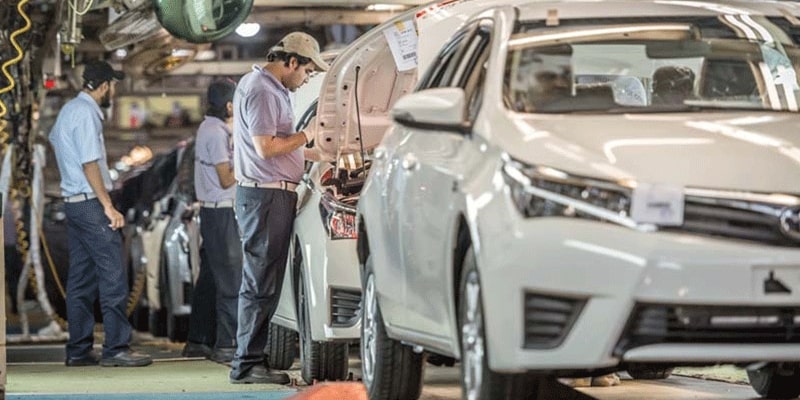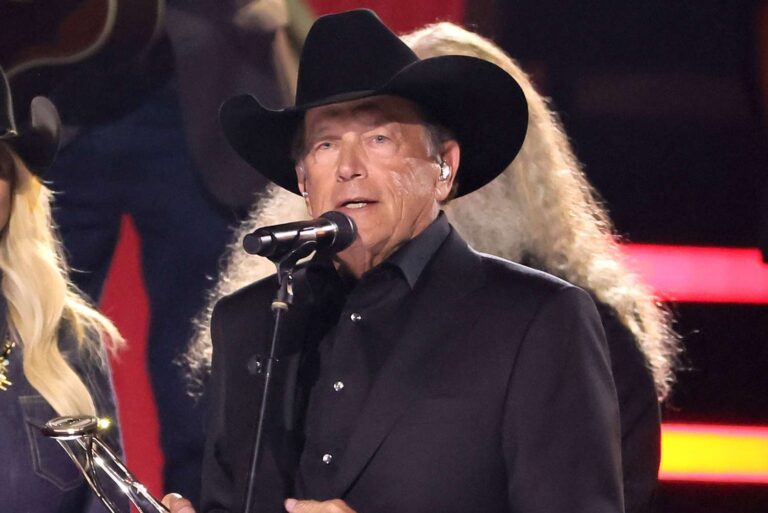Auto sector raises alarm over unrestricted CBU imports under NEV policy
ISLAMABAD: Local auto manufacturers have raised alarm over the proposed New Energy Vehicle (NEV) policy, fearing that it will lead to unrestricted import of completely built units (CBUs) at very low duty and sales tax rates. may allow
They believe this could hurt local original equipment manufacturers (OEMs), disrupt parts suppliers and hamper the growth of Pakistan’s auto industry.
The Pakistan Automotive Manufacturers Association (PAMA) has expressed reservations about the NEV policy and related documents. The government has proposed a subsidy of Rs 50,000 for electric two-wheelers and Rs 200,000 for electric three-wheelers.
Additionally, the State Bank has reduced the policy rate to 15%, and a financing scheme with Kibor plus 3% and monthly installments of Rs 9,000 over two years will be introduced.
PAMA Director General Abdul Waheed Khan, in a letter to the Engineering Development Board (EDB), warned that the reduction of duty (25%) and sales tax (10%) on CBU imports could harm the market share of local OEMs. , will have adverse effects on parts manufacturers. and discourage future investment.
He said the policy could defeat the objectives of the Automotive Industry Development and Export Policy (AIDEP) 2021-26, which offers a balanced tariff across all vehicle types, including ICE, HEV/PHEV, and EV. Instead, PAMA proposed amendments to AIDEP 2021-26 to promote NEVs while ensuring consistency and investor confidence.
PAMA has requested the government to review the impact of the policy. He highlighted that used car imports already capture 30% of the market annually, and further market erosion due to CBUs will destroy the local auto sector.
He recommended limiting CBU imports to only electric and fuel cell vehicles and ending imports of used cars, except for overseas purchases of locally manufactured Pakistani vehicles.
Furthermore, PAMA suggested that importers or investors need to invest in localization to avoid short-term profiteering. They proposed aligning NEV incentives with other vehicles after the third year, with only new models eligible for benefits.
PHEVs and HEVs should remain under the AIDEP 2021-26 policy until 2030, with equal incentives for both. Renewable energy vehicles, such as biogas fueled vehicles, should also be included in the NEV definition.
CBUs should be limited to companies meeting local manufacturing standards, as specified in SRO 656, to prevent the risk of vehicles being imported without technical or after-sales support.





